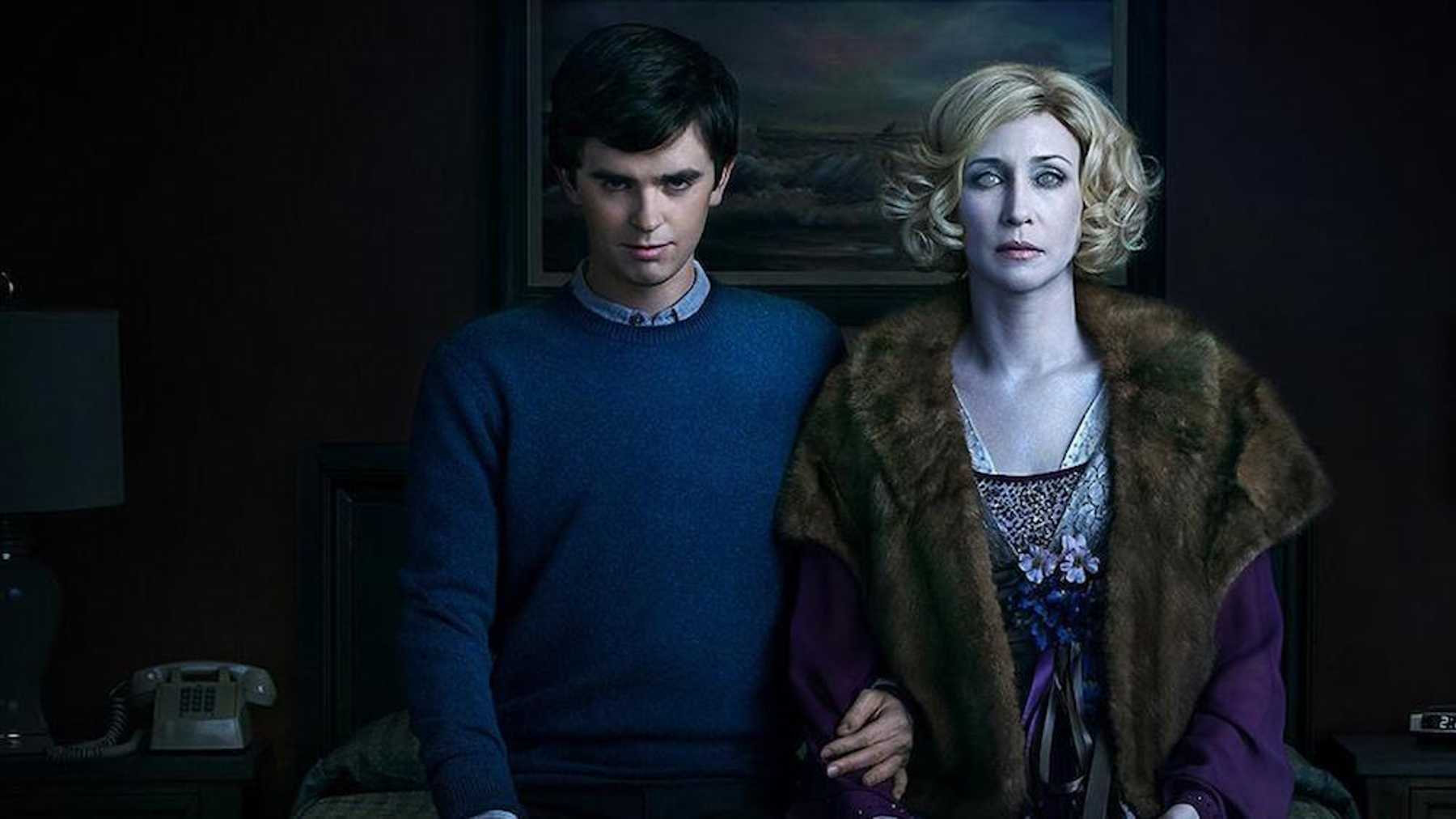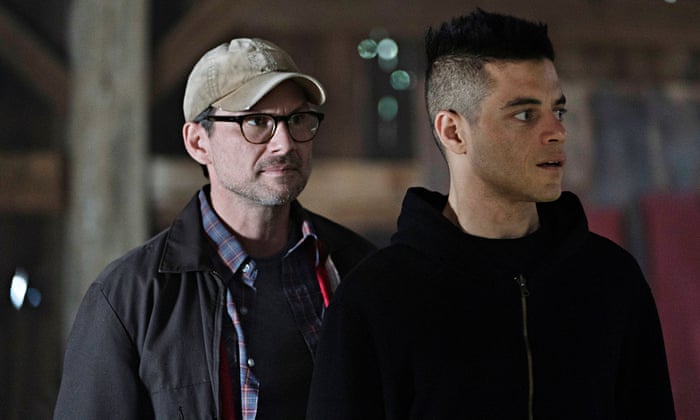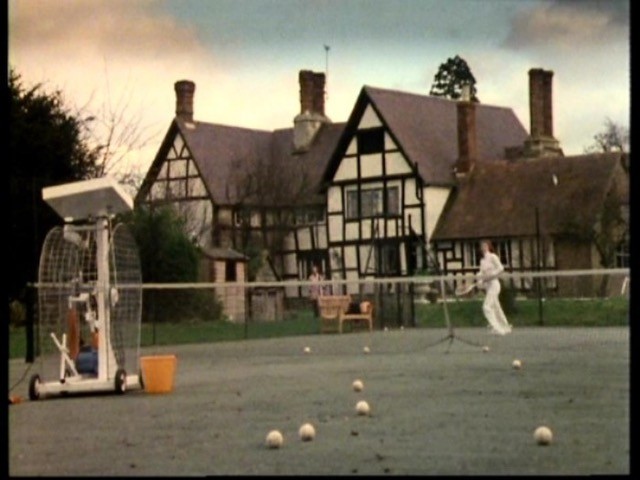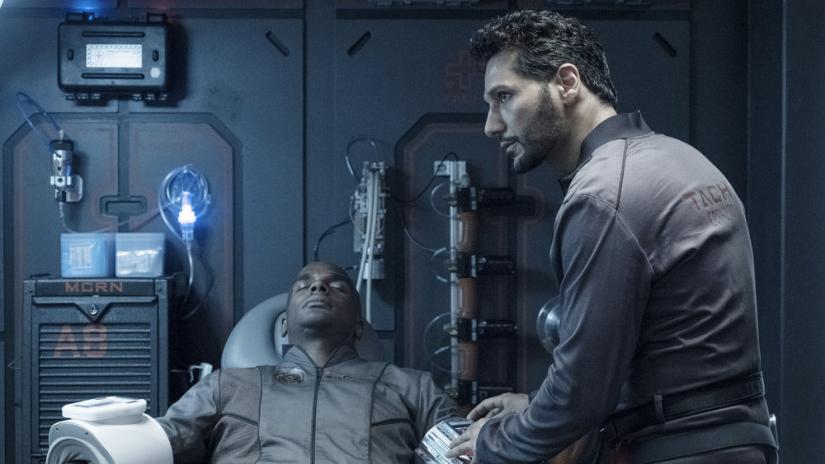
It was only last week that I heard of the recent passing of Tony Garnett, who will need no introduction for anyone on nodding terms with British television history. Back in October 2010 I was fortunate enough to interview Tony at his home in London while conducting research for my PhD. I was investigating changes in UK television performance style, and he had worked for some time as an actor before becoming a script editor and producer.









